Suicide Silence’s Mark Heylmun: “Gatekeeping makes the metal scene stronger”
The Suicide Silence guitarist talks about his new signature seven-string Jackson and the controversial rise of deathcore
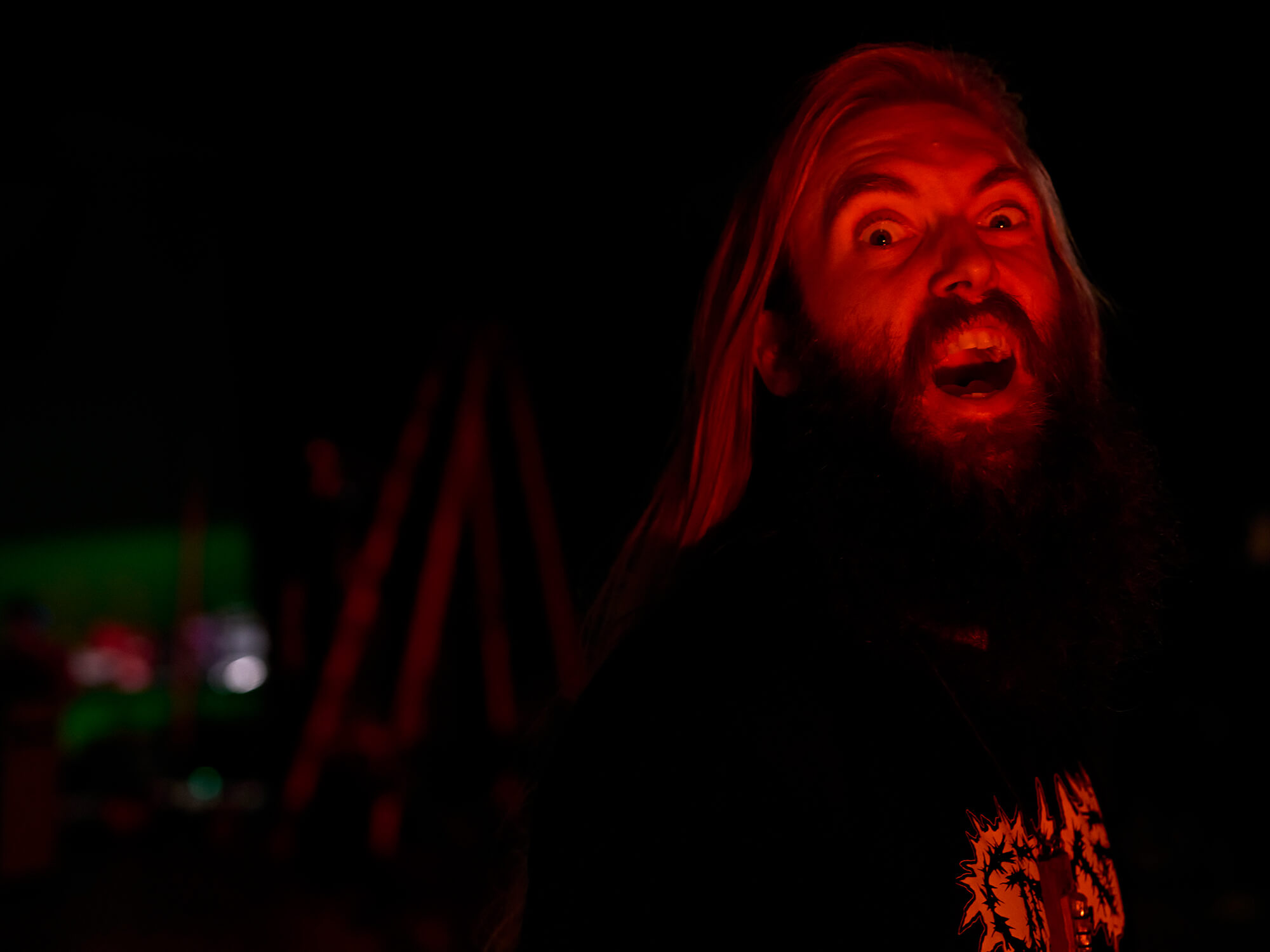
Image: Fender
There’s a surprising sentence on the Jackson Guitars website. Take a look at the webpage for Mark Heylmum’s brand new seven-string, Randy Rhoads-style signature and the description calls it “a premium guitar designed for progressive metal players”. The Suicide Silence axe-slinger has never positioned himself as the next John Petrucci or Adam Jones, though: he’s much more known for his meaty chugging, hefty breakdowns and screeching harmonics. It makes you wonder, why is his new hardware targeted towards such a different market than his band?
“‘Progressive’ is a strange term, because shouldn’t you always be progressing?” the guitarist asks, answering a question with a question as he speaks to Guitar.com on a video call from his California home. “When I started, I dug into theory and took guitar lessons, and I still take guitar lessons. Aren’t you alway trying to progress your playing, so shouldn’t you pick up an instrument that’s going to up your skills? Making a seven-string Rhoads, I wanted to make something that I didn’t see in the Jackson product line already.”
Although no sane person would ever lump Suicide Silence in with such technical magicians as Dream Theater and Tool, the band have played their part in pushing metal forward. Their 2007 debut album The Cleansing thrust the Riverside teenagers onto the crest of the deathcore wave, then-recently pioneered by Job for a Cowboy and All Shall Perish. Mixing death metal’s growls and savagery with hardcore beatdowns, the sound rejuvenated the heavy music subculture, pulled it away from the decaying metalcore movement and spawned legions of imitators.
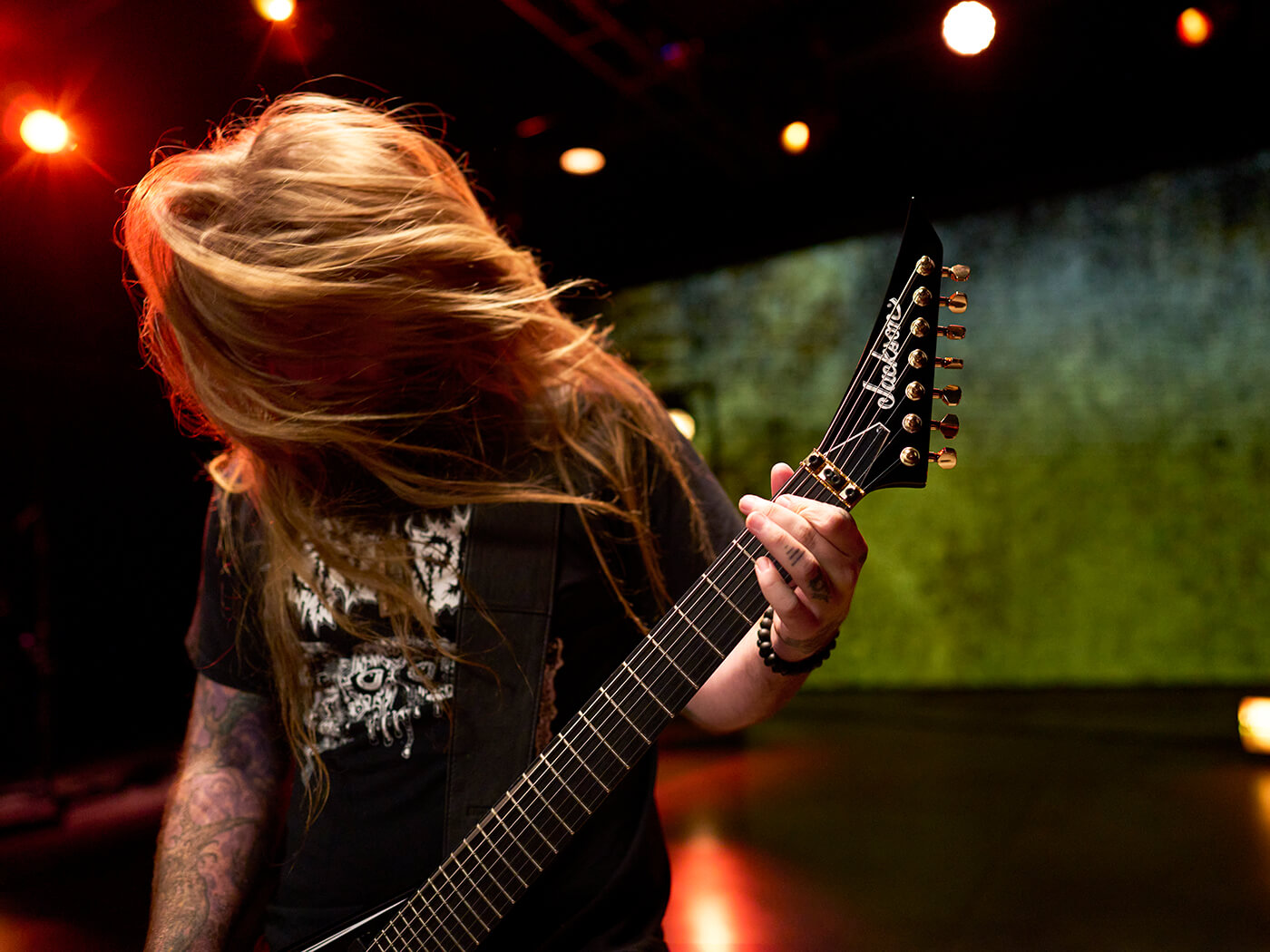
Mark was only 19 when Suicide Silence played their pivotal part in deathcore side-swiping the US metal scene, but he’d already had a lifetime of musical training up to that point. His dad – Mark Heylmun, Sr – was a professional guitarist who relocated from Massachusetts to Los Angeles to find work in a more fertile blues scene. He played shows as a member of outfits called the Mark Heylmun Blues Band and Johnny Blaze, and at one point even supported Randy Rhoads’ pre-Ozzy Osbourne band Quiet Riot on the Sunset Strip. Mark Jr regularly watched his dad perform – and decided the guitar wasn’t for him.
“I tried not to play guitar when I was young, because you don’t want to do what your parents do, you know?” the musician remembers. “I tried to play keyboard and piano and was in the school band; I played the French horn and the trumpet. But then – by the time I was a little, angsty teenager – I was like, ‘You know what, I need to play guitar and play some fucking heavy metal!’”
Mark’s impetus for picking up the axe was to play Rhoads’ iconic riff at the start of Ozzy’s Crazy Train, and the sorely missed Saint Randy’s instrument is now the backbone of his new signature Jackson. The guitar – full name: Jackson Pro Series Signature Mark Heylmun RR24-7 – has the same shape as one of Rhoads’ classic Flying Vs and gives it a palate-swap, contrasting a black body with white pinstripes.
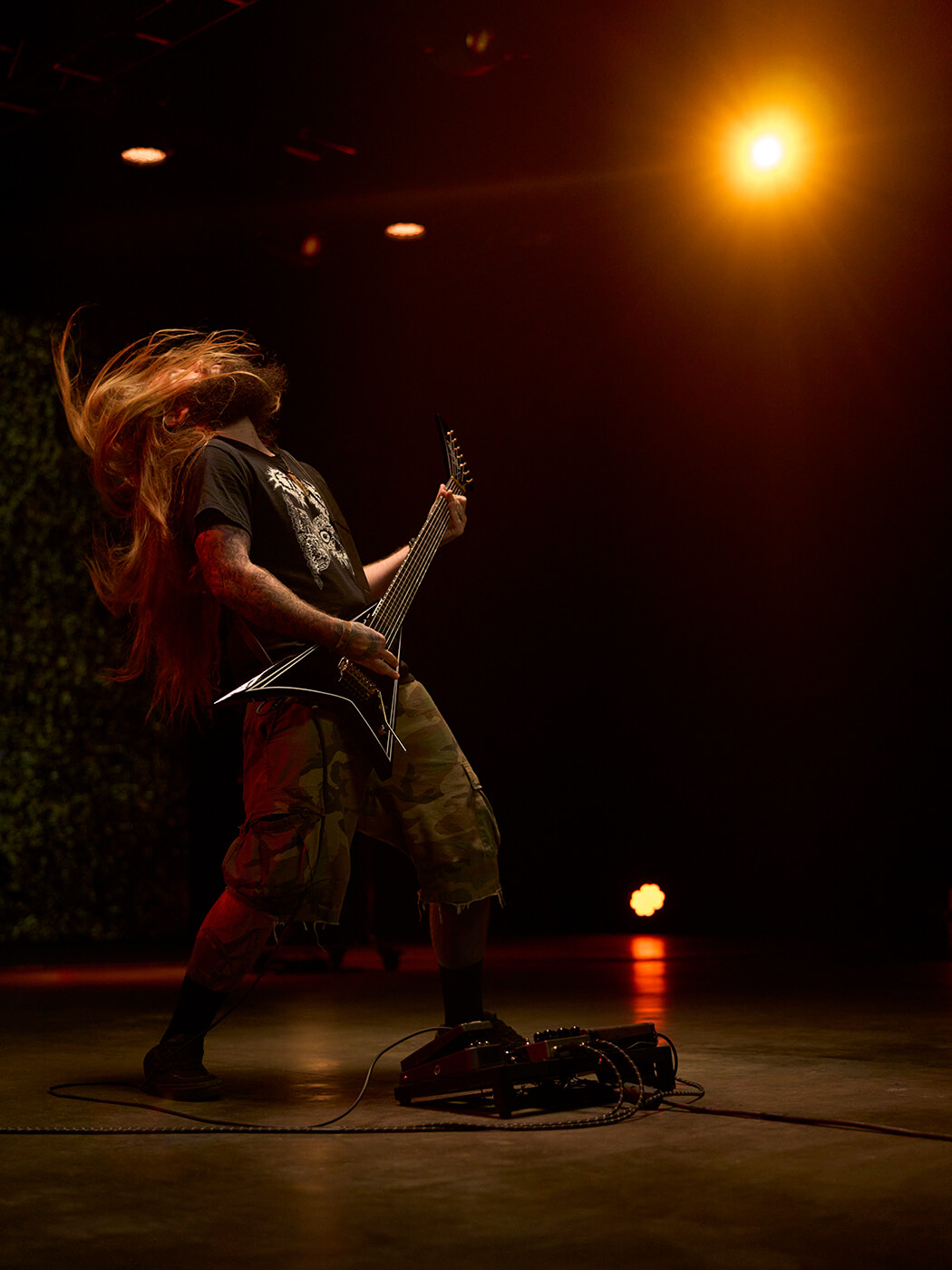
However, the model is still very much Mark’s. He added a ‘shredder heel’ by shaving some wood away from where the body meets the neck so it’s easier to reach the higher frets. “I hesitate to say it, but one of the only flaws of the original Rhoads was the access to the higher frets,” he explains, “so I tried to make it fresh and different.”
“A lot of players tend to focus more on their fretting hand, but at least for us, the picking hand is more important.”
Then there’s that seventh string. From as far back as The Cleansing, Mark and fellow Suicide Silence axeman Chris Garza have been playing seven-string models, and bassist Dan Kenny has used a fifth string since he joined in 2008. Low, rhythmic muscle has always been more vital to their songs than million-miles-an-hour lead lines; Chris told Guitar World in 2020, “A lot of players tend to focus more on their fretting hand, but at least for us, the picking hand is more important.”
That emphasis on primal oomph, which often manifests in all those breakdowns, is a cornerstone of what made Suicide Silence influential and controversial in equal measure. Mark remembers that the band began touring when he was “16 or 17”; in a weird mirror image of when the guitarist initially didn’t want to follow in his father’s footsteps, Suicide Silence quickly became so prolific and talked-about that Mark Sr stopped playing.
“I took it above and beyond anywhere he took it pretty early, to be honest,” the younger Heylmun says. “My dad put the guitar down after a couple of years of me touring and doing some pretty cool stuff. He started to live vicariously through me, instead.”
Surprisingly, both parents supported Mark hitting the road at such an early age. “My mum wrote me a note, in case we got pulled over or something because I was underage,” he laughs. “[She told me,] ‘If you get pulled over, give this to the cops. Let them know that we know you’re there.’”
Although Suicide Silence quickly flourished – their 2005 EP earned them a Century Media deal, which was followed by the earth-shaking release of The Cleansing – Mark recalls the band being loathed by their peers. “Death metal didn’t like us and metalcore wasn’t really into us, either,” he says.
To their metalcore predecessors, Suicide Silence were the next big thing: a threat to their half-decade-long dominance of American metal. “Where we’re from, there was the Orange County scene, with Atreyu, Avenged Sevenfold and Bleeding Through,” continues Mark. “They didn’t like us and we felt like we had to not like them back. It was adversarial but, when you’re in Baton Rouge and playing to 450 people on a Wednesday night, you’re like, ‘Fuck them! It doesn’t matter.’”
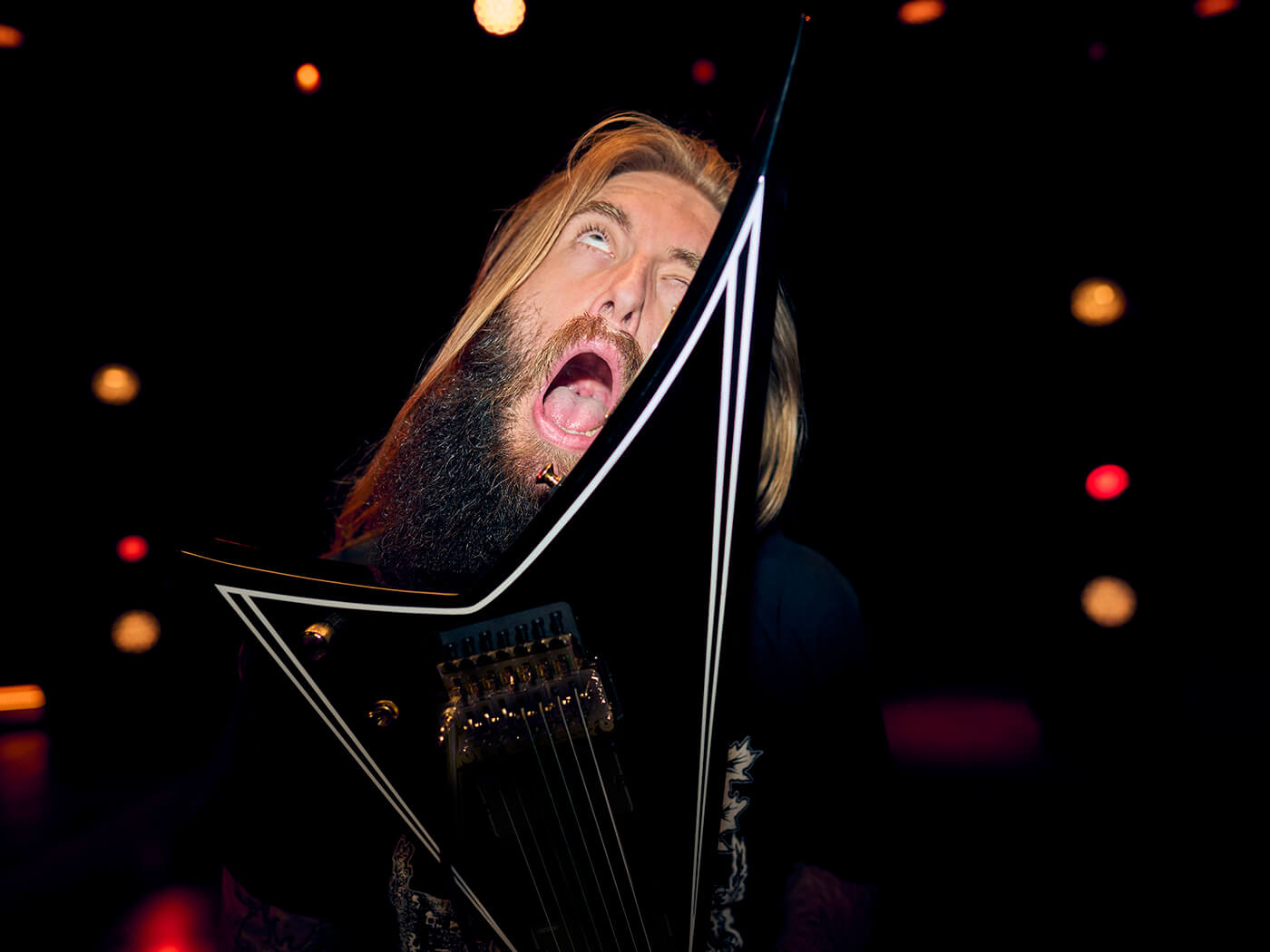
The guitarist adds: “We didn’t look ‘death metal’ enough either, and our breakdowns weren’t really things that death metalheads wanted to hear. That was the linchpin of all the heckling that happened when we toured with Nile, Behemoth and Cannibal Corpse. We did all those tours and that’s what you’d hear: people talking shit about your breakdowns.”
In hindsight, Mark calls being so young while swimming in such an intense maelstrom of love and hate “so, so much”. But spite is an excellent motivator. As their critics in purist death metal circles and the fading metalcore craze either stagnated or flat-out broke up, Suicide Silence flew. After The Cleaning debuted at number 94 on the US’s Billboard album charts, 2009 follow-up No Time to Bleed reached number 32. Then The Black Crown got the band to number 28. By 2014, the supporters were clinging to the band so strongly that Suicide Silence bounced back from the grief of singer Mitch Lucker passing away with their commercial apex: fronted by new singer Eddie Hermida, that year’s You Can’t Stop Me rocketed to a top 20 spot.
“My hot take is that gatekeeping makes the scene stronger,” Mark states. “I know that that sounds weird but – if you don’t have people talking shit and saying, ‘This isn’t this or that’ – you don’t have the other side saying, ‘Yes it is!’ or ‘Fuck you for even saying that!’ It creates the conversation that makes scenes stronger. I’ve seen that since I was young and I’ve been a part of that.”
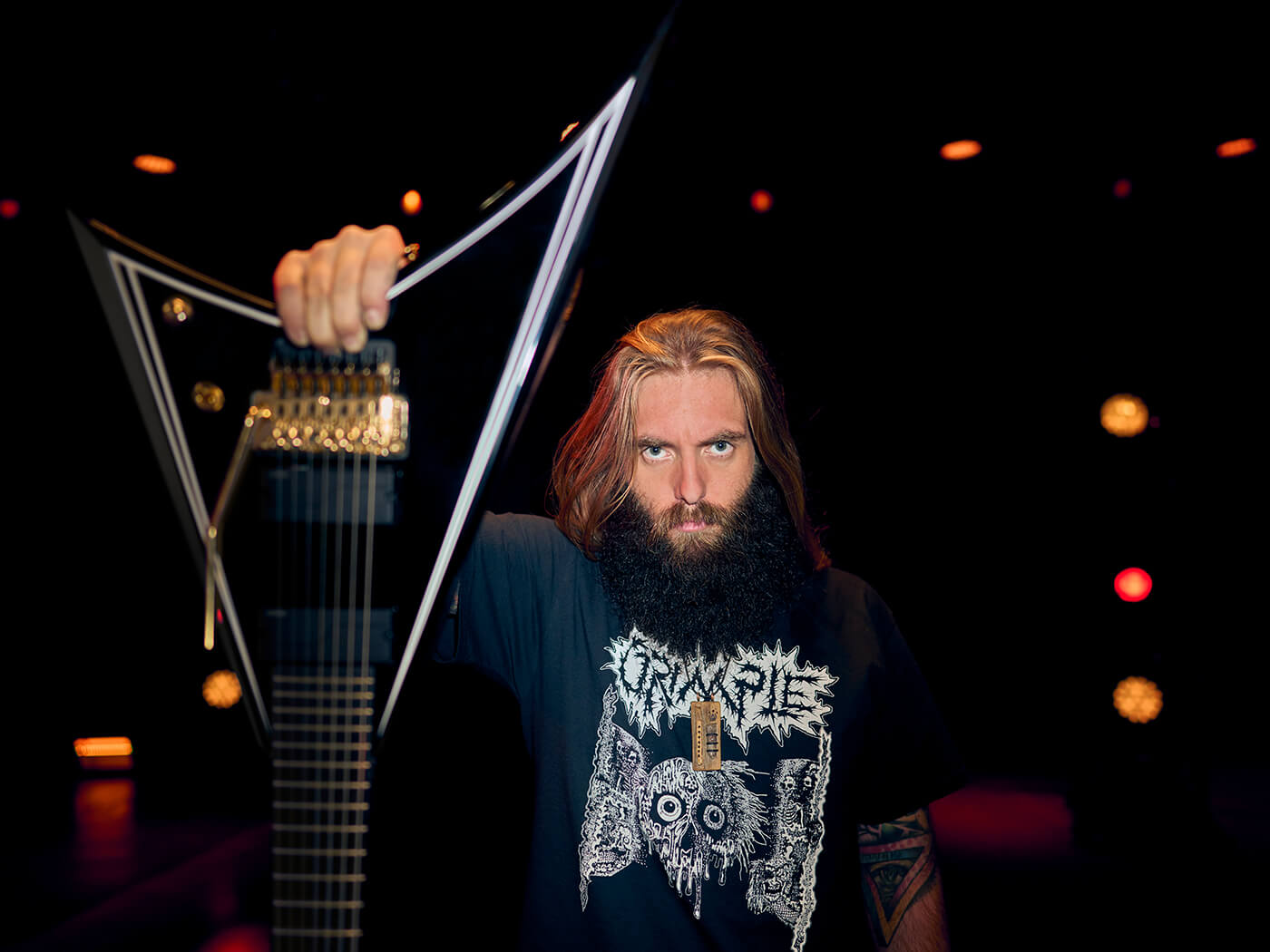
Having such a passionate fanbase can swing both ways, though. Suicide Silence’s self-titled 2017 album was savaged for taking a dive into nu metal, with Hermida’s high-pitched singing inspiring that infamous wave of ‘teehee’ memes. Although subsequent albums Become The Hunter and 2023’s Remember… You Must Die pushed the band back to their deathcore ways, they still tie back to the eternal progress Mark mentioned at the top of our chat. Remember… especially is a hyper-heavy slab of breakdowns: possibly the most aggro thing to ever bear the Suicide Silence logo.
“After every record, I really gauge how inspired I am to write the next record,” he says. “Whenever a record is done, I listen to it, usually once a month or so to keep it fresh. I listen out for what I could have done, where I could go next and what I didn’t get out of whatever record.”
And what’s his appraisal of Remember…? “Where my head is at right now is that I want to try and write more epic compositions. On You Can’t Stop Me and Become The Hunter, even though there was a record in between where we experimented like crazy, I feel like we wrote the same record twice. Now, on Remember… You Must Die and where I’m going next, I want to write longer songs.”
He concludes: “I want to write the deathcore Bohemian Rhapsody next.”
The Jackson Pro Series Signature Mark Heylmun RR24-7 is available now. Suicide Silence’s new album, Remember… You Must Die, is out now through Century Media.
